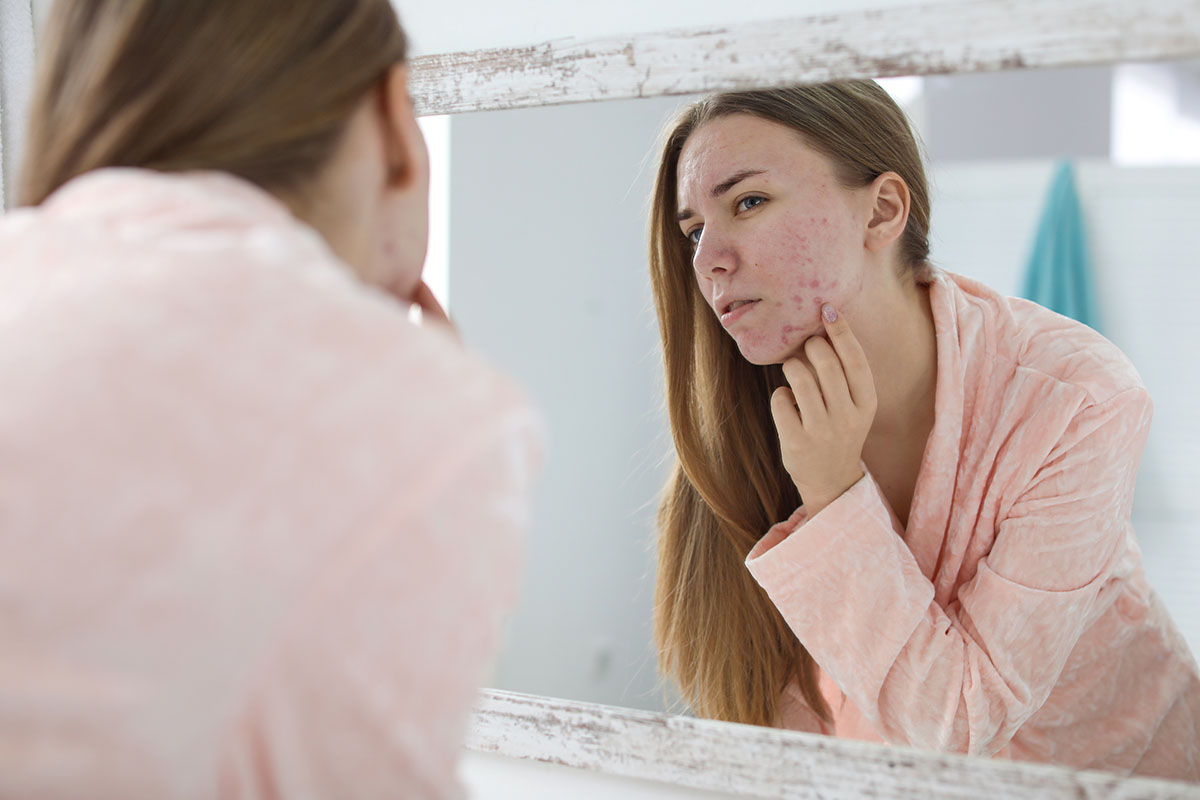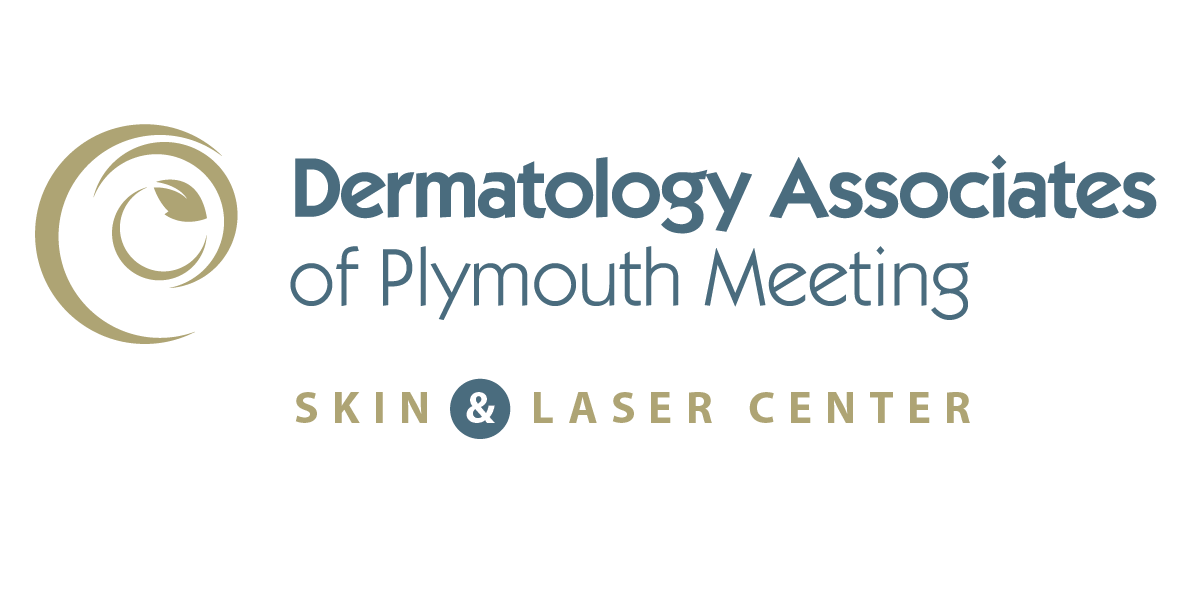Pediatric Dermatology
Our Approach to Teenage Acne at Dermatology Associates of Plymouth Meeting
Acne is a common skin condition among teenagers that is highly treatable and preventable with proper care. In fact, more than 85 percent of teenagers have some form of acne, which is characterized by clogged pores (whiteheads and blackheads), painful pimples, and sometimes, hard, deep lumps on the face, neck, shoulders, chest, back and upper arms. Our board-certified dermatologists provide dermatologic care to children and teenagers. Drs. Kathleen McGuinn and Eleni McGeehin have experience working with teenagers on managing acne care. Rather than allowing acne symptoms to worsen, a visit to Dermatology Associates of Plymouth Meeting can result in clearer skin for your teenager.

What Causes Teenage Acne?
Hormonal changes that increase the skin’s oil production during puberty can trigger teenage acne. These heightened hormones cause oil glands to become overactive, enlarge and produce too much sebum (oil). When there is excessive sebum, pores and hair follicles become blocked with a build-up of skin cells. If the blocked pore becomes infected or inflamed, a pimple—a raised red spot with a white center—forms. A whitehead occurs when the pore clogs, closes and bulges. A blackhead occurs when the pore clogs, stays open and the top develops a blackish appearance due to oxidation or exposure to air.
When Should Teenage Acne Be Treated?
Acne can start as early as nine or ten years old and last well into adulthood. Teenage acne often begins as clogged pores (comedones) that become inflamed and present as small bumps on the forehead or along the T-zone. To keep damage to a minimum, addressing teenage acne early is essential. When left untreated, acne can spread and become painful and unsightly. Severe acne typically results in acne scars that can become resistant to fading completely on their own. Laser skin resurfacing treatments are often required to fade acne scars effectively.
What Are the Symptoms of Acne?
Even though acne is easy to identify and diagnose, it presents in several different forms. Some teenagers may experience only one type of acne, or they might experience all types of acne simultaneously. Our dermatology staff knows how to identify which types of acne your teenager is experiencing and can recommend the best course of treatment based on your teenager’s unique case of acne. The most common symptoms of acne include:
- Clogged pores (pimples, blackheads and whiteheads)
- Papules (raised lesions)
- Pustules (raised lesions with pus)
- Cysts (painful, cystic nodules filled with pus or fluid)
Teenage Acne Treatment Options
Your teenager’s acne treatment will be tailored to their unique skin type and the type of acne they are experiencing. If your teen has large, red pimples that look like cysts or cause pain, over-the-counter treatments may not be sufficient. The best treatment options will be reviewed at your teen's dermatology appointment.
If your teen has an occasional inflamed pimple, try using skin compounds that contain azelaic acid, benzoyl peroxide, glycolic acid, retinoids (medications that come from vitamin A), and salicylic acid. To give these treatments the best opportunity to work, your teen needs to use them regularly for at least three months.
When to See a Dermatologist for Teenage Acne
If your teen has tried over-the-counter acne products for at least three months and has not seen improvements, schedule an appointment with Dr. McGuinn or Dr. McGeehin, who can prescribe stronger medications and help with treatment options. Our dermatologists can help your teen control their acne, avoid scarring or other skin damage and make existing scars less noticeable.
Please schedule an appointment today for your teenager by calling us at 610-828-0400.
